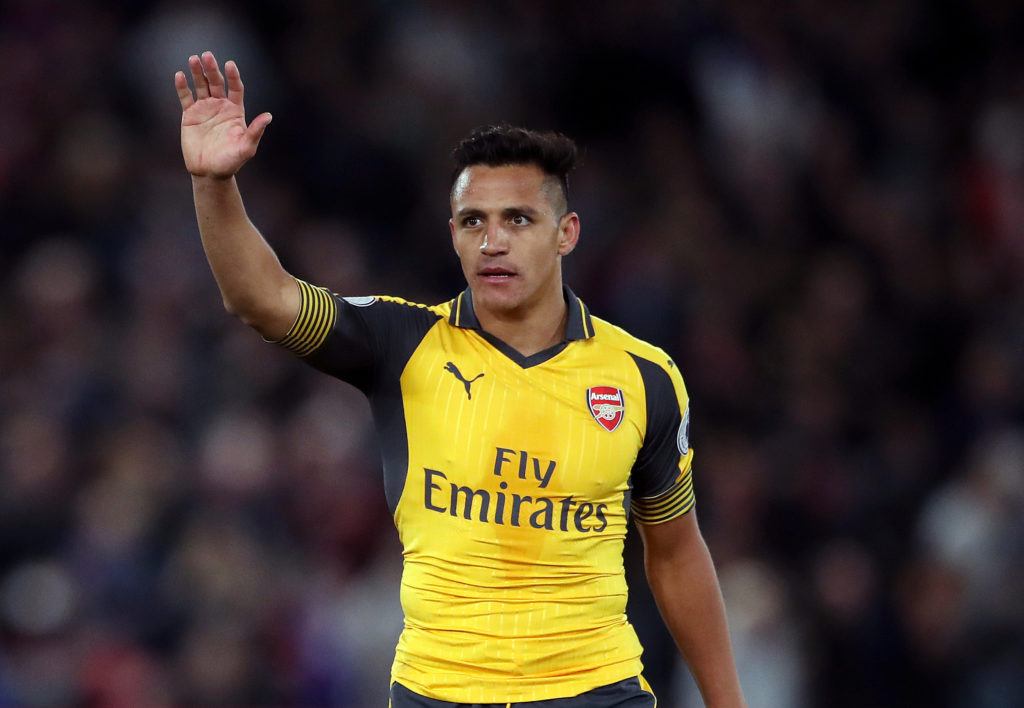Getty

It must be hard for a major player in the poverty industry when you see capitalism, consumerism, science and technology rapidly eroding your market by lifting living standards around the world faster than at any time in human history.
When I was born in 1962, approaching two-thirds of people on the planet were trapped in absolute poverty. Today, although the global population has more than doubled, that figure has fallen to just one in ten.
This is astonishing progress. It should be a source of immense pride. But if your business model is built on the concept of posing as a do-gooder to help ease the burden of poverty, this presents a big problem. Especially when you have promoted yourself so well in the past that you have convinced politicians around the world to pour billions into your sector and millions into your pocket. To keep pressure on governments to keep that cash flowing the big international charities are expanding into new areas like any other smart organisation confronting change.
Some of them are focusing on fashionable issues such as conflict resolution or climate change. Others prefer endless conferences to supposedly foster entrepreneurship – even in countries where it needs no encouragement. But Oxfam, a left-leaning brand, has had the bright idea of tapping into current concerns over inequality to retain relevance. So the bosses spent chunks of that cash – raised from idealistic schoolchildren and kindly grannies – to hire a head of inequality and started to switch their attention from the poorest people on earth to the richest.
Now they release a wearily-predictable annual report attacking the wealth gap just as phalanxes of plutocrats gather amid the snow-capped mountains of Davos. This year they have condemned “an unacceptable level of inequality”, claiming that 82% of money generated last year went to the richest 1%. Much of their data is questionable and in truth, the core concept is pretty meaningless. Income inequality in Britain, for instance, has just worsened with footballer Alexis Sanchez’s £2m-a-month pay deal with Manchester United – yet circumstances have not changed for millions of Britons toiling away in offices, fields and factories.

Yet put all this to one side. For the simple fact is that Oxfam is displaying hypocrisy of the most breathtaking magnitude. Yes, there are valid questions over undeserved corporate pay that has boomed to grotesque levels (and I wrote about them, earlier this month, for UnHerd) – along with many other issues surrounding modern capitalism. But Oxfam underscores the very problem it attacks. Even as it begs for cash on its website with emotive pleas for £5 a month to pay for a goat for two impoverished families, it is clear that charity most definitely begins at home for this outfit.
Take a look at the most recent financial data from its United States arm. Raymond Offenheiser, who pompously boasts of spending 20 years “leading the fight to end global poverty” as the organisation’s president, took home a pay package last year worth more than $500,000. This puts him in the richest 0.1% of the world population with income 134 times the global average. There are at least 13 more senior executives pocketing generous six-figure salaries, with even the communications chief given more than $300,000. Funnily enough, while begging for donations to provide shelter or education for poor people, the group never mentions you might be funding their PR person’s pay for a few minutes.
They are far from alone. The sector is stuffed with fat cats as it sucks thirstily at the teat of swollen state aid. Many prominent charities have mutated into corporate behemoths clad in compassionate garb.
David Miliband, the former Labour foreign secretary who fled into the arms of International Rescue Committee, saw his pay packet rise by almost $80,000 to $671,749 according to most recent data. Would he really not do this job for a little less as he tours the world pontificating about the need to alleviate human misery? “By standing with us, you show that you are here for humanity,” says Miliband. To put his pay in perspective, he gets more than 1,560 people on average wages in a country such as the Democratic Republic of Congo.
There are many more revolting examples like this. The boss of the Global Alliance for Vaccines and Immunisation, given hundreds of millions of pounds by Britain, took home more than two million pounds in four years. Save The Children, which boasts of “securing” contracts worth £91m from Britain’s Department for International Development in 2016 has a president in the US pocketing more than half a million dollars a year and almost 200 staff at its international body, based in London, on six-figure salaries – nine of them getting paid a cool quarter of a million dollars annually.
If Oxfam and its fellow development giants really cared about inequality, perhaps they should put their own houses in order. Clearly the poverty industry has become very lucrative for those at the top. This can be seen also with soaring pay and profits among the private consultancies creaming off cash from taxpayers, some of whom even avoid tax. Meanwhile local offices of big charities can struggle for funds. I have also heard from African staff angry at being paid less than Western colleagues, let alone having housekeepers and school fees covered. Such is the neo-colonial arrogance of a sector that poses as saviours of the poor.
Yet there is one more layer of hypocrisy in this saga exposed by Oxfam. For these are powerful players in society, both in developing nations with influence over public services and in Western countries with input into political debate. Some analysts and experts ask valid questions over whether their efforts make matters worse in developing nations by propping up dictators, fuelling conflict, fostering corruption and undermining democracy. Yet the media all too often see them as saintly organisations and just throw soft-ball questions at their representatives.
This is especially true of the BBC, which sees itself as an arm of the aid sector with its own scheme spending government money on development projects and endless promotion of the cause through anachronistic events such as Comic Relief. It has run a few decent investigations such as a recent Panorama exposing foreign aid diverted to Syrian extremists. But why are aid chiefs not grilled in key radio and television slots over their hypocrisy, their pay, their mistakes, their false claims? They should be treated no differently to business bosses or politicians. Instead they are simply given time to pontificate about their supposed good deeds.
Meanwhile big charities exploit struggles of magazines and newspapers in an age of digital disruption. They have departments to lure naive celebrities as ‘brand ambassadors’, knowing they can win flattering coverage and get cuddly pictures into print when visiting projects abroad. And they take journalists on free trips, knowing media budgets are being cut and they will get supportive articles for their work – usually without any indication of who funded the coverage. Christian Aid once defended spending on journalist trips to me by pointing out the resulting coverage would have cost ten times more in advertising. Yet how many journalists would be so complicit in promoting other powerful institutions?
The poverty industry is now a vast sector employing more than 600,000 people.
Spending surged 9% to more than £100bn in 2016, according to the Organisation for Economic Co-operation and Development.
There are nations that get aid from the West, then give away millions to poorer places with their own development programmes.
There are nations with space programmes being handed aid.
There are nations stuffed with millionaires given aid.
Immense sums are sloshing around the world, much of it simply making rich people even richer.
So give thanks to Oxfam for raising the issue of inequality – so long as they turn the spotlight on their own greedy, indefensible and very wealthy fat cats.










Join the discussion
Join like minded readers that support our journalism by becoming a paid subscriber
To join the discussion in the comments, become a paid subscriber.
Join like minded readers that support our journalism, read unlimited articles and enjoy other subscriber-only benefits.
Subscribe